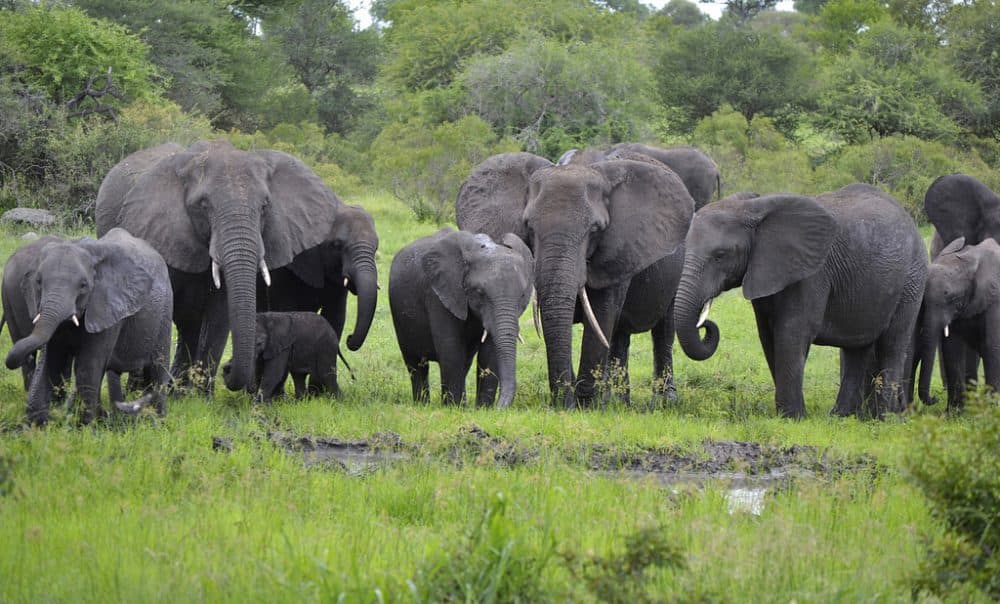Advertisement
Are We Smart Enough To Know How Smart Animals Are?
Resume
Famed Primatologist Frans de Waal is upending assumptions about animal intelligence. He's shown that chimpanzees have a sense of fairness, apes plan for the future, even crows can recognize human faces and hold grudges and octopuses might like to play.
And he asks, why are humans so quick to downplay animal intelligence? What do we lose when we do that?
Guest
Frans de Waal, author of "Are We Smart Enough to Know How Smart Animals Are?" Director of the Living Links Center at the Yerkes National Primate Research Center and professor in Emory University's psychology department.
More
- "Ever stare out into space and look for signs of intelligence? Well, we should be looking right here on Earth, primatologist Frans de Waal argues in his new book, 'Are We Smart Enough to Know How Smart Animals Are?'"
The Atlantic: How Animals Think
- "Darwin’s theory of evolution by natural selection delivered a serious blow to this conception. Natural selection is a blind historical process, stripped of moral hierarchy. A cockroach is just as well adapted to its environment as I am to mine. In fact, the bug may be better adapted — cockroaches have been around a lot longer than humans have, and may well survive after we are gone. But the very word evolution can imply a progression — New Agers talk about becoming 'more evolved' — and in the 19th century, it was still common to translate evolutionary ideas into ladder — of-nature terms."
The New Yorker: Inky The Octopus And The Upsides Of Anthropomorphism
- "How is it that an eight-tentacled sea alien can open jars and recognize faces? Octopuses have been observed moving around the ocean floor carrying cracked coconut shells, which they close around themselves as portable armor. They exhibit sophisticated play behavior, blowing objects around in the water and even fiddling with Legos."
This segment aired on May 12, 2016.